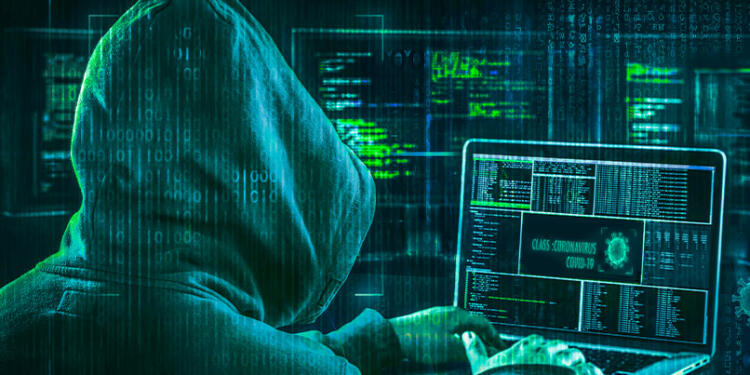- The Dark Web is becoming a big issue for law enforcement agencies in India.
- The Dark web is accessed through anonymous networks, with the most popular being Tor, or The Onion Ring browser.
- The Modi government should bring a regulatory mechanism for the Dark Web.
The Dark Web, defined as content that is available on the Internet but requires specific software, configurations, or authorization to access, is becoming a big issue for law enforcement agencies in India. All kinds of illegal activities —from money laundering, access to banned pornography content to drug deals—are being carried over the Dark web.
The Dark web is accessed through anonymous networks, with the most popular being Tor, or The Onion Ring browser. The browser was developed by the United States Navy to secure its communication, but now it is used for various illegal activities by communities around the world.
On the dark web, a whole web of illegal activities flourishes like trading of drugs using bitcoin. Mumbai DCP (Anti Narcotics Cell) Shivdeep Lande said, “It is true that in case of drugs like LSD the dark net is a big supplier. In a case last year, where we caught five students from Mumbai, they had procured 1,400 LSD dots worth Rs 70 lakh through the dark web. They would WhatsApp the number of LSD strips they wanted to a friend in the US who was a member of a dark web syndicate. He then placed an order with a cartel from the western European country and gave the Mumbai address of the boys where it was couriered. Most of these arrests can be made only after the parcel is delivered as it is very difficult to break into the dark web syndicate of these cartels that specialise in drug supplying, arms supply or human trafficking.”
Read more: The dark side of Cryptocurrency that nobody is even thinking about
According to a study carried out by King’s College London, the most common uses of the website were for drugs, illegitimate pornography, and hacking. On Dark Web, the login Id for OTTs such as Netflix and Hotstar are being sold at dirt cheap rates. However, the biggest use so far is the illegal trade of drugs. A few years ago, the FBI busted one of the largest drug rackets being operated through the Dark Web with the name —Silk Route.
A few months ago, Karnataka Chief Minister specifically directed the law enforcement agencies to focus on crimes originating from Dark Web because such cases were proliferating. The high-tech cities like Bengaluru, Pune are witnessing a rise in such cases given the tech-savvy population. “The key here is anonymity. To access the dark web, the user has to use a browser which hides the identity and location of the user,” Sandeep Patil, joint commissioner of police (crime), Bengaluru said.
“We have found that many criminals have procured synthetic drugs from abroad, especially Scandinavian countries. First, we cannot track who is purchasing what from the dark web. Second, it is hard to track them when they arrive in India. To give an example, in the case of LSD, also known as acid, it is a sheet of paper. When the order arrives at an airport in India, it becomes difficult to find it among other larger consignments,” the officer added.
The rise of cryptocurrencies has aided the rise of the dark web because, given anonymity, no physical or legal digital transactions can take place. By using cryptocurrencies like Bitcoin, people are purchasing drugs, accessing child pornography, laundering money, and many other criminal cases are emerging.
Read more: What PM Modi’s cryptocurrency policy means for investors and enthusiasts
Unless the government bans the browsers like The Onion Ring, many such cases will emerge—given India’s tech-savvy population. If the energy of the tech-savvy population is being diverted in the wrong direction, it would hurt the growth of the country. The Modi government should bring a regulatory mechanism for the Dark Web (the government may be using some of it for secure communication, so a complete ban may not be possible), and some browsers need to be banned to protect the citizens.



























